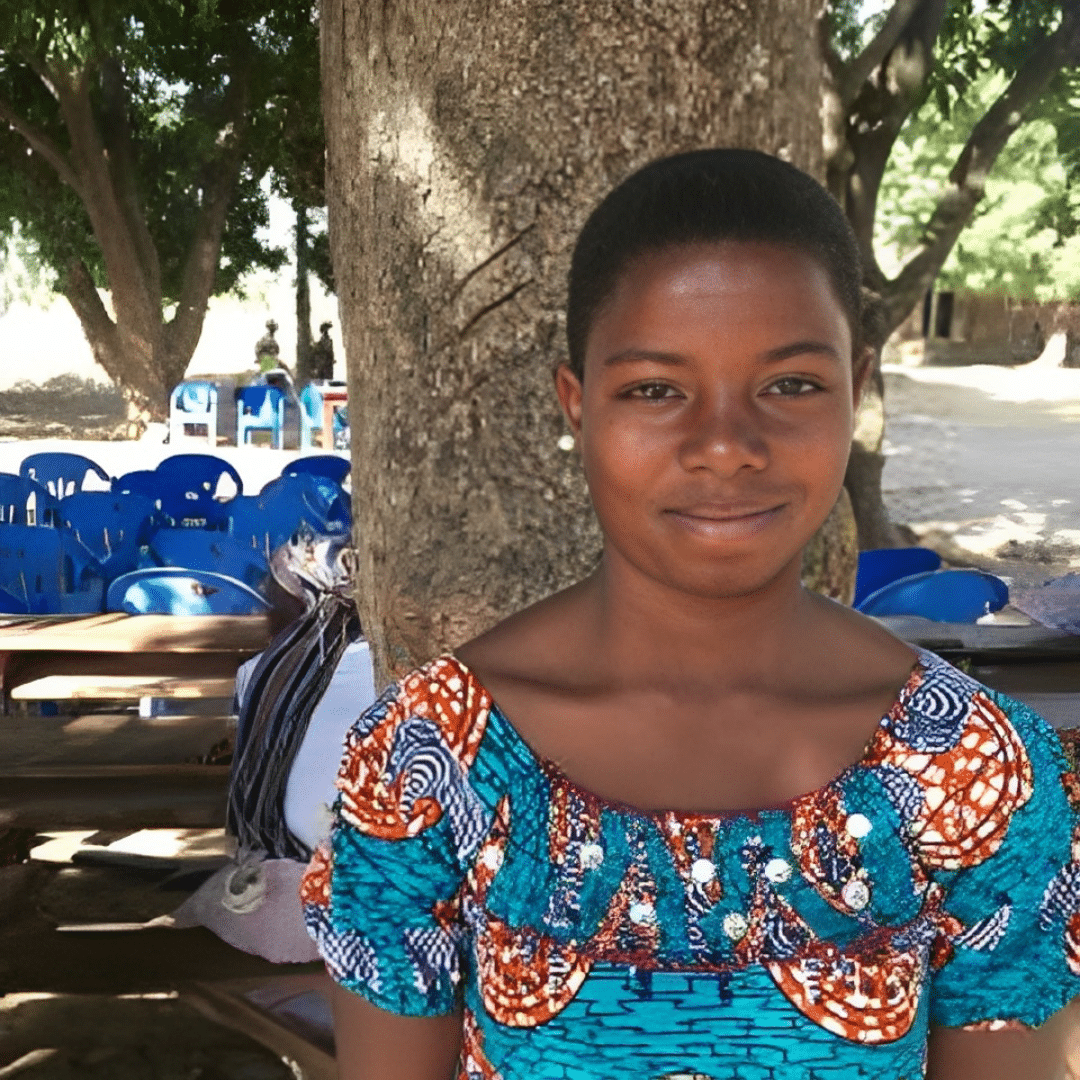Community health worker (CHW) Ms. Afi Kpaba’s achievements have broken barriers in the traditionally male-dominated health sector of her country. While many local women born and raised in the Sarakawa region of Togo were excluded from the formal labor market, Ms Kpaba refused to accept this limitation.
“Integrate Health had a large meeting with the village chief, looking for people who could provide health services to women and children. I wanted to help by offering people healthcare at no cost,” she said.
In 2015, at the age of 21, she started as a community health worker (CHW) with Integrate Health, wanting to make a difference even though others felt held back by social and gender norms.
In just eight years, she gained the trust and endorsement of her community and has started to extend her knowledge to advise other organizations. She was invited to speak at the UNICEF dialogue on community health care during the COVID-19 pandemic, calling for CHWs to be equipped with fit-for-purpose personal protective equipment.
She points out the pandemic has ongoing consequences. “A lot of people were scared to go to the hospital, kids were not going to school any more after the pandemic, and a lot of girls ended up getting pregnant in the communities. When the kids could not go to school, they didn’t get the chance to have access to the right information and there were so many pregnancies from young girls.”
Working on the frontlines has given Ms. Kpaba experiences she is turning into recommendations for the future. She calls on policy makers to improve health systems by learning from best practices in preparation for future pandemics. She believes that by prioritizing education and sensitization initiatives in schools, the rise in unwanted pregnancies and the related sexual and reproductive health and rights (SRHR) challenges of the last pandemic could be avoided.
She has witnessed a remarkable transformation in her community since the implementation of the Integrated Primary Care Program–deaths and untreated illnesses have declined significantly.
Recognizing that the salary and benefits she receives from Integrate Health are not common for other CHWs who work either for the government or other health actors in the community, she advocates on their behalf for fair compensation, comprehensive training, provision of adequate supplies and regular supervision so they can be supported to deliver quality care.
“Many are mothers who have kids, but now they have learned how to treat people so they can better manage their own health and that of their children, with benefits for the whole community. I would ask the government to count the CHWs that they know are working within their borders. Then, they should be rewarded with the same pay, and the same supplies in particular–many do not have the necessary medical equipment to do their jobs at all.”
Today Ms Kpbaba is the community health leader at the Sarakawa health center and enjoys showing donors on field visits the life-changing impact of the program.
Her advice to young women who are interested in joining the health sector is clear. “Regardless of the challenges and difficulties they might face, they will get ten times the benefits. All of the learning I get from providing health care to communities, to my family, my kids, all that knowledge is what makes it worthwhile in the end.”

